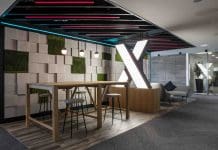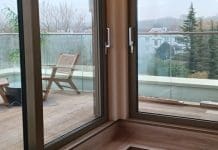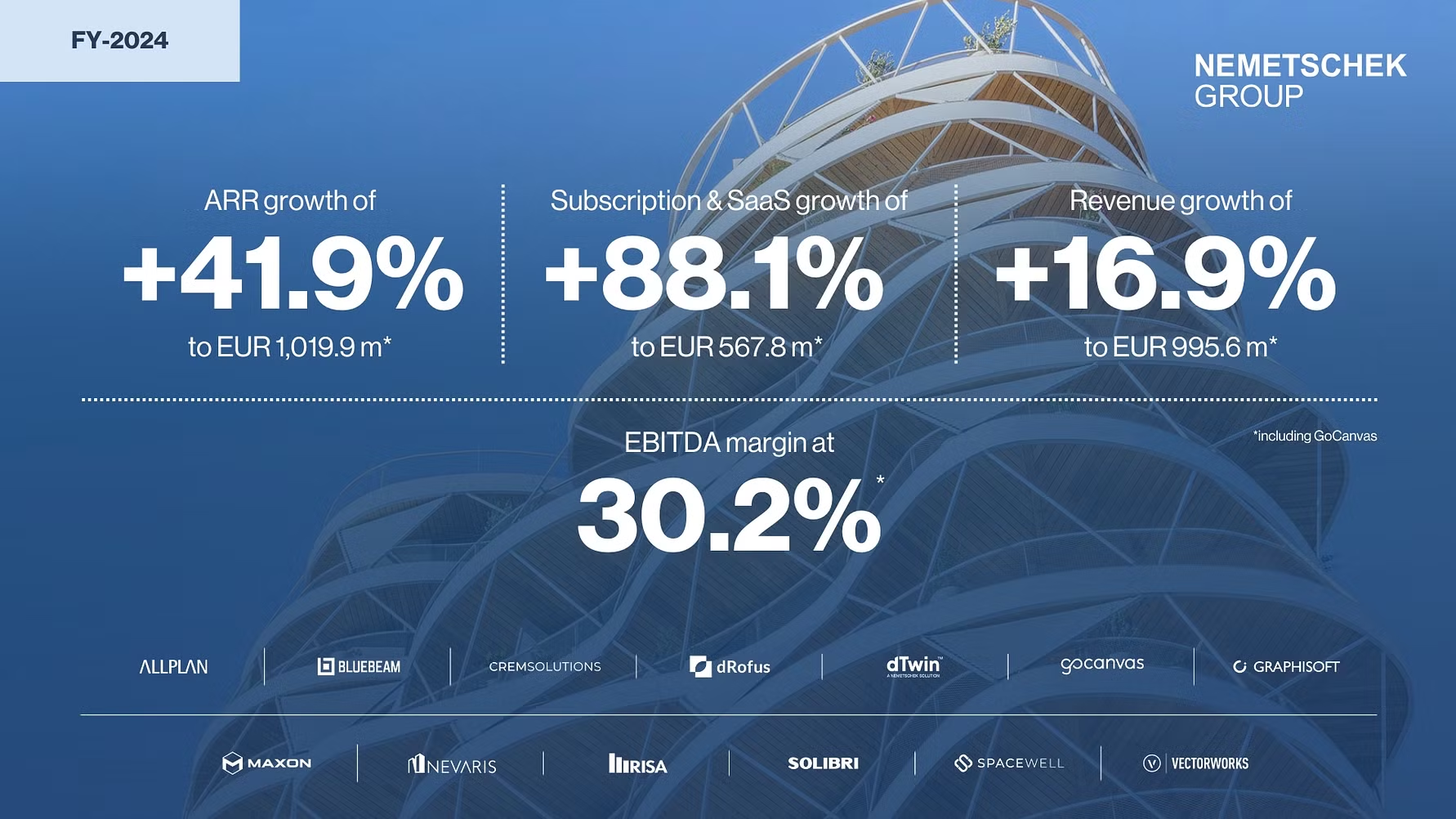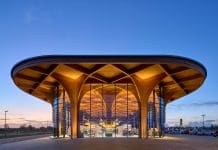This article follows the MBI’s Inside Modular Podcast, where Stuart Cameron, co-founder of UK-based design firm SCMS Associates talks about designing net zero modular buildings in and around England ahead of London’s goal of being a net zero carbon city by 2030
This article was adapted from a recent episode of the Modular Building Institute’s ‘Inside Modular’ podcast. Listen to the full podcast episode here.
“There’s a huge focus at the minute on housing over here in modular, both affordable and private,” said Cameron. “This is largely driven by the shortage of both, which is not just unique to the UK, but very much a worldwide critical issue.”
“I think it was at your [World of Modular] conference in April where somebody mentioned there’s a 7 million housing shortfall in the US alone, which just blows my mind a little bit,” he continued.
“Where I think we differ from the US is we’re very driven by sustainability and net zero as a primary goal. Rather than just delivering modular homes that are affordable to buy, are quick to build. We focus on making an impact on reducing the amount of carbon, reduce the amount of energy used to operate the home, the operating costs to the occupants.
“And that’s not just with high performing fabrics, or low air tightness, but the use of low carbon technologies as well, such as air source heat pumps, photovoltaics, LED lighting, and battery storage, etc., etc. From that we have a number of net zero modular schemes here in London, which exceed the 100% carbon reduction target, that is a requirement of net zero.”
How did designing for sustainability become a goal for SCMS?
“Sustainability is actually one of our core values as a business,” said Cameron. “We recognize as chartered engineers, we’ve got a responsibility to engage and educate not only our clients, but our colleagues, families, friends, and hope that with the use of our knowledge, effectively and readily in execution and performance, we will enact change on a global scale.
“Also, by being headquartered in London, which is probably one of the most sustainably forward planning cities in the world and is leaps and bounds ahead of anywhere else in the UK in terms of targets and requirements, we’re always challenged to be forward thinking and measured and what we can achieve sustainably.”
SCMS’s recent net zero modular projects
Cameron also talked about some of the recent net zero modular projects to which SCMS has contributed.
“In one particular case,” he said, “we had a rollout of a targeted 2000 modular homes here, across numerous sites. Our first priority was each and every scheme had to achieve net zero. This is a mix of individual houses and apartment blocks. The big reason behind that is the end user client is a local authority in the London Borough of Greenwich, and part of the Greater London Authority, who establishes the targets for achieving net zero.
“They have to be seen doing it themselves as well as just stipulating a requirement to private developers. So, we worked with numerous offsite modular manufacturers and issued a standardized approach that was maintained across all of the schemes.”
“Another place where we’ve really had to think outside the box,” Cameron continued,” is a modular hotel project, which is completely off grid, and not easily accessible from the mainland. It’s on an island in the middle of the North Sea. So, the challenge wasn’t just how much carbon we could reduce, but how to actually make the building function without the need for dirty big diesel generators, in the absence of a functioning power grid.”
“We’re also three years into a delivery framework, which is I think 10 years extendable to 13 for the Royal Borough of Greenwich here in London, which at the minute is the largest modular affordable housing scheme in the UK, where we’ve got several schemes at various stages, whether that be design, construction, or handover.
“On the horizon, we’ve got several schemes we’re hoping we’ll get the green light, such as a modular hotel we are hoping to collaborate on with another Modular Building Institute member over in Vancouver, Canada. We’re also hoping to get involved in our first modular project in California in the US, which is also a hotel project.”
To hear the complete interview with Stuart Cameron and much more, tune in to Inside Modular: The Podcast of Commercial Modular Construction, an exclusive podcast of the Modular Building Institute.














